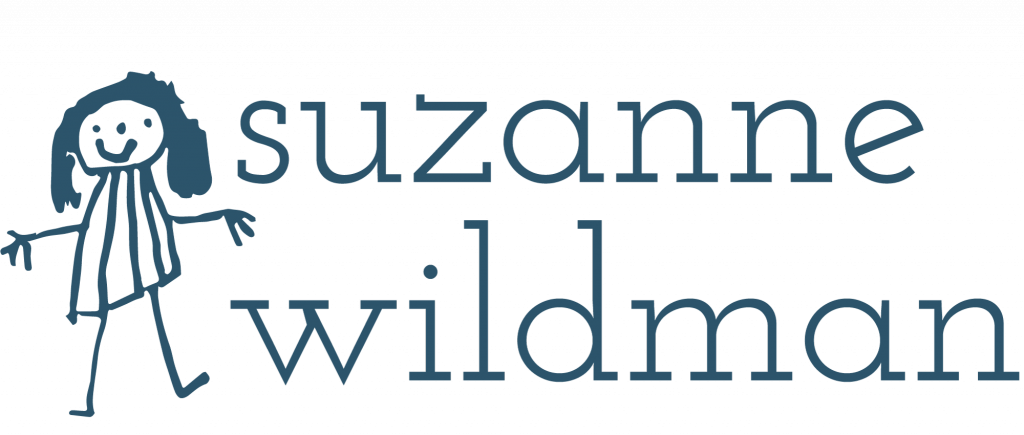 The Artist’s Way: A Spiritual Path to Higher Creativity by Julia Cameron. New York: Penguin Putnam Inc., 1992. 222 pp. $15.95.
The Artist’s Way: A Spiritual Path to Higher Creativity by Julia Cameron. New York: Penguin Putnam Inc., 1992. 222 pp. $15.95.
When you read the title of this book I can see many of you shaking your heads in disbelief and thinking, ‘You must be joking! What does discovering and recovering your creative self have to do with parenting?’ My reply would be, ‘A great deal’. If this intrigues you, take the time to read on….
At first glance, one could be forgiven for thinking The Artist’s Way is a quirky guide for writers, artists and others in related fields. In fact, with the funky Japanese illustration on the front cover, it looks something like a New Age spiritual manifesto. A closer inspection, however, reveals that the author, Julia Cameron, is espousing time-honored principles in her own style. Her unique approach to thinking about creativity and life forces us out of our stereotyped perspectives and the usual narratives we tell ourselves about our lives.
This book is designed as a do-it-yourself course for anyone interested in the art of creative living. The nuts and bolts work of the course includes making a commitment to free-write three pages of whatever comes into your head upon waking each morning for a period of six weeks. Sounds prohibitive and daunting, I know. But I found that it was surprisingly liberating to get my muddled thoughts down on paper. It clarified my thinking during an extremely painful and confusing time in my own life. It also helped me set priorities. I discovered I felt refreshed and less overwhelmed by the multitude of mundane jobs I confront each day.
The basic premise of the book is that most of us are burdened or blocked in some way by past and/or present experiences, ways of thinking and relationships which limit our capacity to be truly ourselves in all aspects of our lives. The Artist’s Way is a comprehensive program that focuses on recovering a sense of safety, identity, power, integrity, possibility, abundance, connection, strength, compassion, self-protection, autonomy and faith. Each chapter builds on the previous one and includes a number of tasks for exploration. Reading and working through the exercises in the book engages us in a process of reconnecting with who we are at our core, and teaches us to honor that core self in our actions. It is a highly introspective, healthy process.
Julia Cameron is an award-winning writer with extensive credits in film, television, theater, and journalism. A published poet who teaches creative writing at the graduate level, she has taught her creativity workshops, on which the book is based, for over a decade. Her credits include feature films as writer and director, documentary films, movies of the week and episodic television, four full-length plays, and articles for national publications such as the Washington Post, The New York Times, Rolling Stone and Vogue.
Anyone who approaches this book with an open mind and serious intentions to undertake the work cannot help but be transformed in some way. My initial skepticism of Cameron’s claims about the techniques and exercises in this book soon vanished. As I threw myself wholeheartedly into reading and completing tasks, I noticed major shifts in my own world-view. I found myself reframing my previous life experience, dealing with deep-rooted insecurities and fears, feeling empowered to acknowledge my dreams and finding the courage to slowly move toward realizing those dreams. What seems like an overwhelming time commitment is actually an energizing process that rejuvenates us and enhances the quality of the time we spend with our children. Simply making time to undertake this work sends a message to our children that we respect our own aspirations and needs for a balanced life. More importantly, by setting an example, we give our children the gift of learning that being yourself is critical for wellbeing and that following dreams is crucial for fulfillment. It is one of those rare books with enormous potential to influence lives in significant and unexpected ways.
